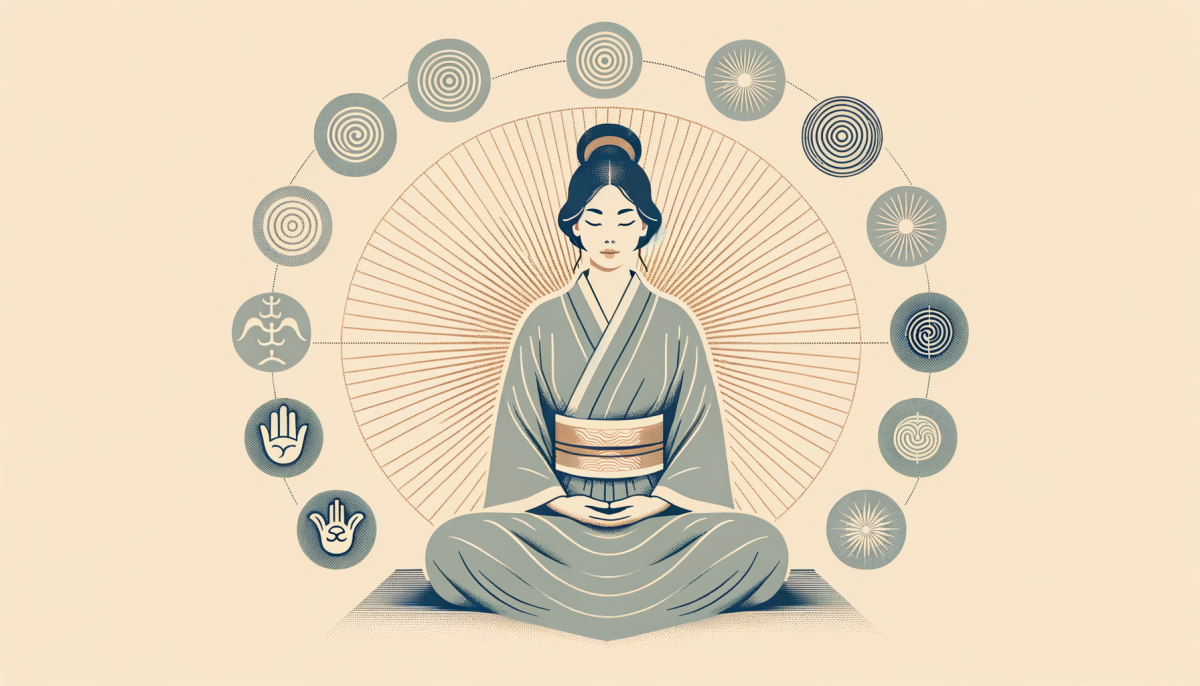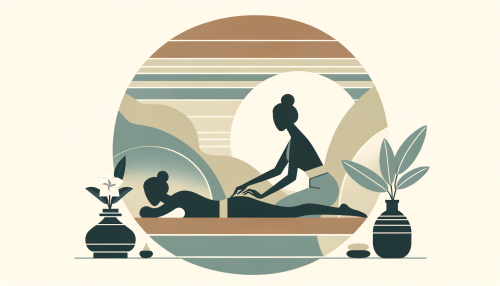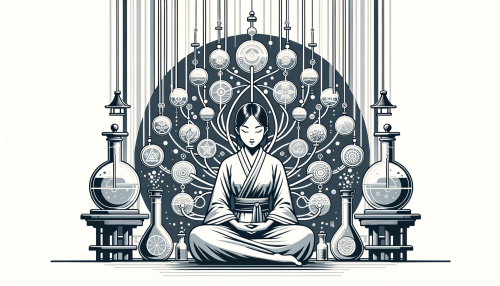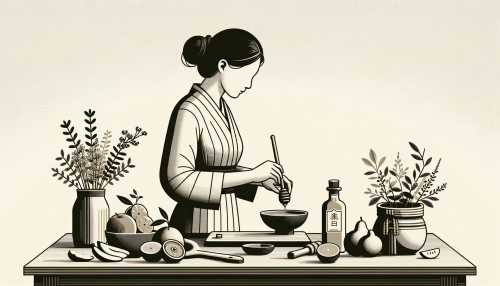Introduction
In the vast expanse of alternative healing modalities, Reiki healing stands as a beacon of tranquility and balance. This ancient Japanese technique, rooted in the spiritual essence of life force energy, has been a source of solace and healing for countless individuals across the globe. The journey of Reiki, from its origins to its modern-day practice, is a testament to the enduring power of spiritual healing and the human capacity for growth and transformation.
Reiki Healing Origins
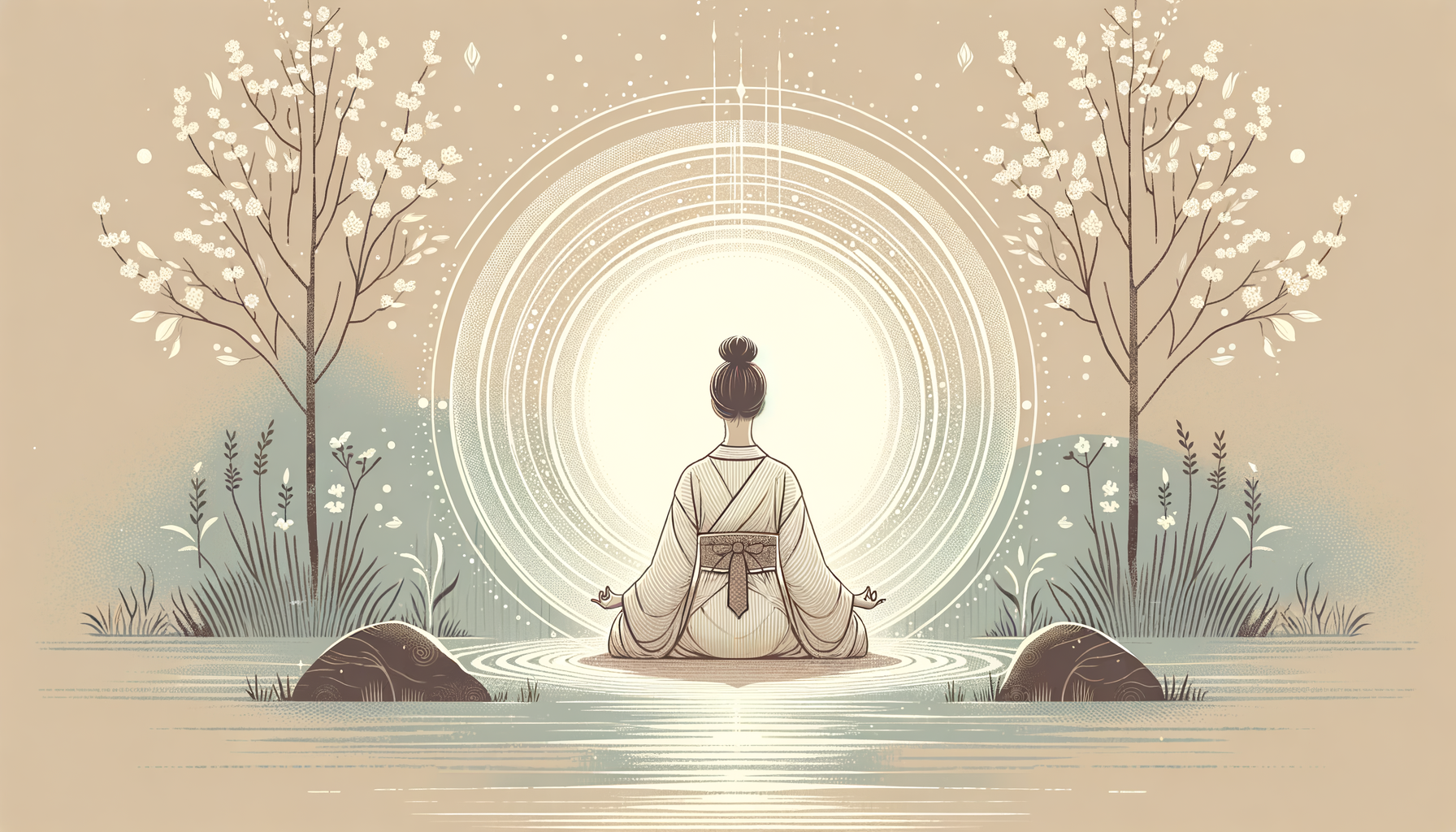
The genesis of Reiki healing can be traced back to the late 19th century, in the land of the rising sun, Japan. The founder, Mikao Usui, was a Buddhist monk who embarked on a spiritual quest for enlightenment. His journey led him to the sacred Mount Kurama, where he underwent a profound spiritual awakening. This experience birthed the healing modality known as Reiki, a term derived from two Japanese words: ‘Rei’, meaning ‘universal’, and ‘Ki’, meaning ‘life force energy’.
Usui’s teachings were centered around the concept of channeling this universal life force energy to facilitate healing and balance. He believed that all living beings were interconnected through this energy, and that by harnessing it, one could promote physical, emotional, and spiritual well-being. His teachings were passed down to his students, who continued to propagate the practice of Reiki healing.
Evolution of Reiki
The evolution of Reiki is a fascinating journey of adaptation and expansion. From its humble beginnings in Japan, Reiki has spread across the globe, transcending cultural and geographical boundaries. The teachings of Usui were passed down to his student Chujiro Hayashi, who further refined the techniques and principles of Reiki. Hayashi’s student, Hawayo Takata, played a pivotal role in bringing Reiki to the Western world.
In the modern era, Reiki has been integrated into various healthcare settings, including hospitals and wellness centers. It has been adapted to complement conventional medical treatments, providing a holistic approach to health and well-being. The practice of Reiki has also evolved to incorporate various techniques and tools, such as crystals and sound healing, enhancing its efficacy and appeal.
Benefits of Reiki
The benefits of Reiki are manifold, spanning the physical, emotional, and spiritual realms. At the physical level, Reiki has been found to alleviate pain and discomfort, accelerate healing, and boost the immune system. It promotes relaxation and reduces stress, aiding in the management of conditions such as anxiety and depression.
On an emotional level, Reiki facilitates emotional release and promotes a sense of peace and well-being. It helps in balancing the emotions, fostering resilience and emotional intelligence. Spiritually, Reiki aids in personal growth and spiritual development. It enhances self-awareness and intuition, fostering a deeper connection with the self and the universe.
Conclusion
In conclusion, Reiki healing is a powerful modality that harnesses the universal life force energy to promote healing and balance. Its origins in Japan and its evolution across the globe is a testament to its efficacy and appeal. The manifold benefits of Reiki, spanning the physical, emotional, and spiritual realms, make it a valuable tool for holistic health and well-being. As we continue to navigate the complexities of modern life, the timeless wisdom and healing power of Reiki offer a beacon of hope and tranquility.

